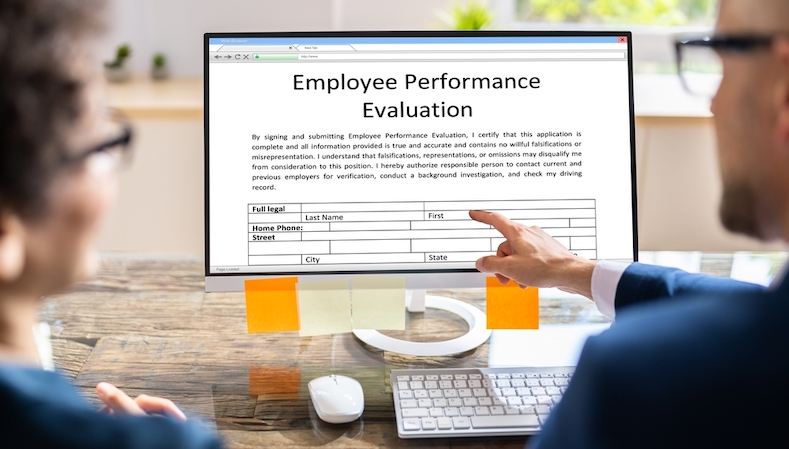Pay for performance: why fairness matters more than money
According to a Gartner poll, 87% of HR leaders were considering changes to performance reviews in 2020. The same study also found that employees and managers “feel overburdened by performance management”.
Research by Payscale.com reveals that when it comes to pay for performance, the perception of fairness is more important than what people are paid. If colleagues don’t perceive the process to be fair, the size of our budget is irrelevant. So, if leaders don’t think the process is working and employees don't trust the process, why do we continue to link performance management to pay?
Since the perception of fairness is so important, we need to amend our performance management process so our colleagues trust the process and believe it to be fair – before we link it to pay.
We can’t manage performance
The trouble with the current performance management model is that performance isn't something we can manage. Performance and productivity is affected by a huge range of factors such as health, work environment, culture, management style and job satisfaction.
If we want to improve performance, we need to create an environment where our colleagues can excel – rather than attempting to control and ‘manage’ performance. Only once you have a fair and trusted system in place that puts the emphasis on the factors impacting performance over, for instance, shoehorning people into an allocated set of ratings, can you link performance to pay.
In other words, we need to completely rethink our approach. There are three things we can do to change our approach for the better. We can:
Change our language – stop using the term ‘performance management’ and focus instead on transforming our culture to one that fosters productivity and communication
Change our culture – move away from a culture of competition, where colleagues must compete with one another for a piece of the pie, to a culture of collaboration and trust
Change our process – adopt a more flexible approach where we have ongoing dialogue, feedback and conversations, rather than fixed performance conversations once or twice a year
Words and actions matter
Instead of ‘performance management’, opt for an alternative that doesn't imply you can ‘manage’ somebody's performance. Here at 3R Strategy, we use the term Enabling Excellence.
We can also improve our approach to feedback and conversations by looking at two things: psychological safety and lag time. Psychological safety is about ensuring colleagues feel safe to speak up with ideas, questions and concerns without fear of punishment or humiliation. We can foster psychological safety by practising active listening, empathy, gratitude, and leading by example – among other things.
Research shows that the health of a relationship/team/organisation can be measured by the average lag time between identifying and discussing a problem. By having regular conversations as opposed to one or two ‘performance conversations’ per year, we can reduce that lag time and in doing so, stop resentment from developing that could impact workplace relationships and performance.
Pay for performance can be a highly effective strategy if done well, but it’s essential that a process for bettering and measuring performance is widely accepted and trusted. A new approach is needed: one that provides the right culture and environment to bring out the best in people.
Supplied by REBA Associate Member, 3R Strategy
We help you attract and retain your people through a fair and equitable approach to pay and reward.








